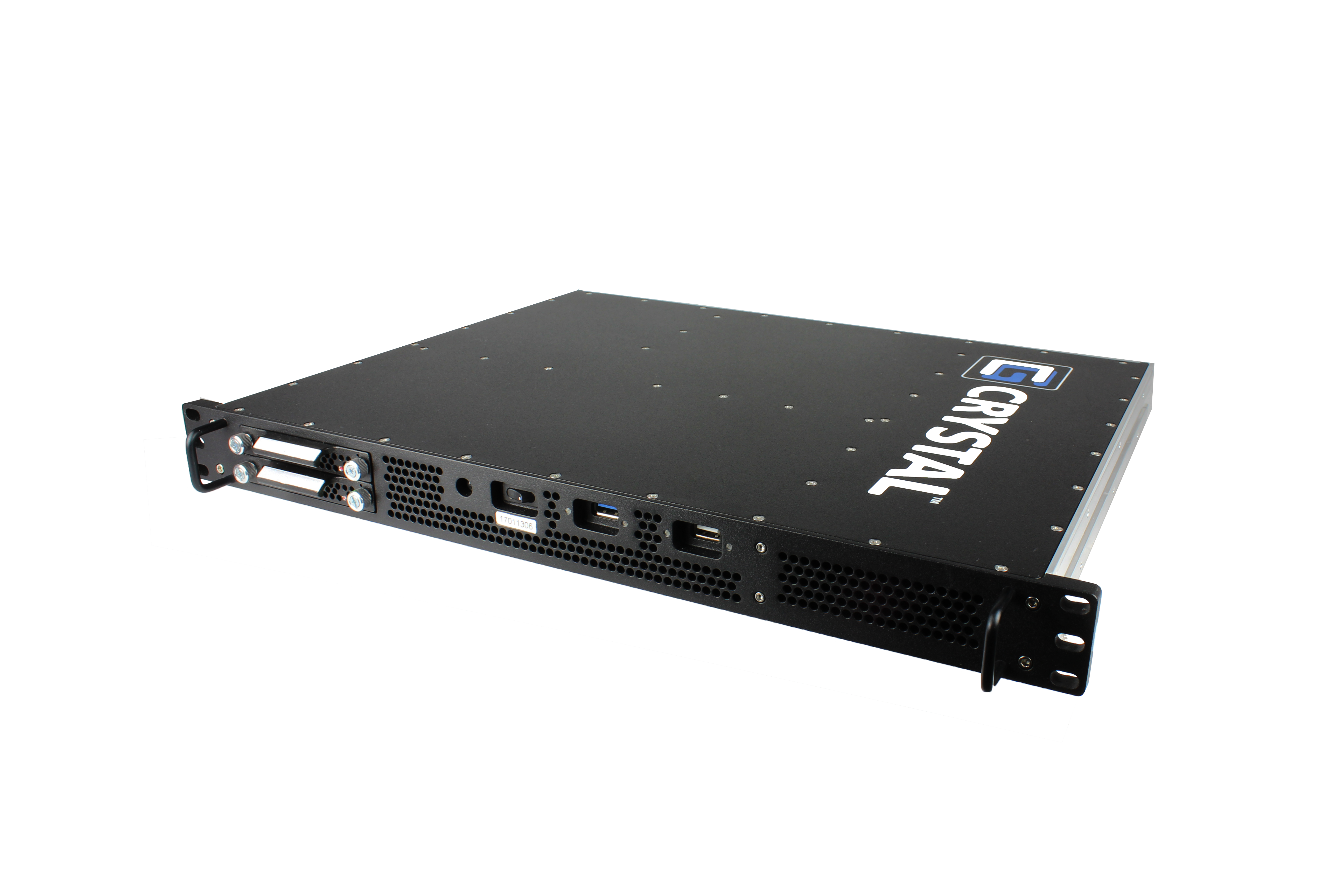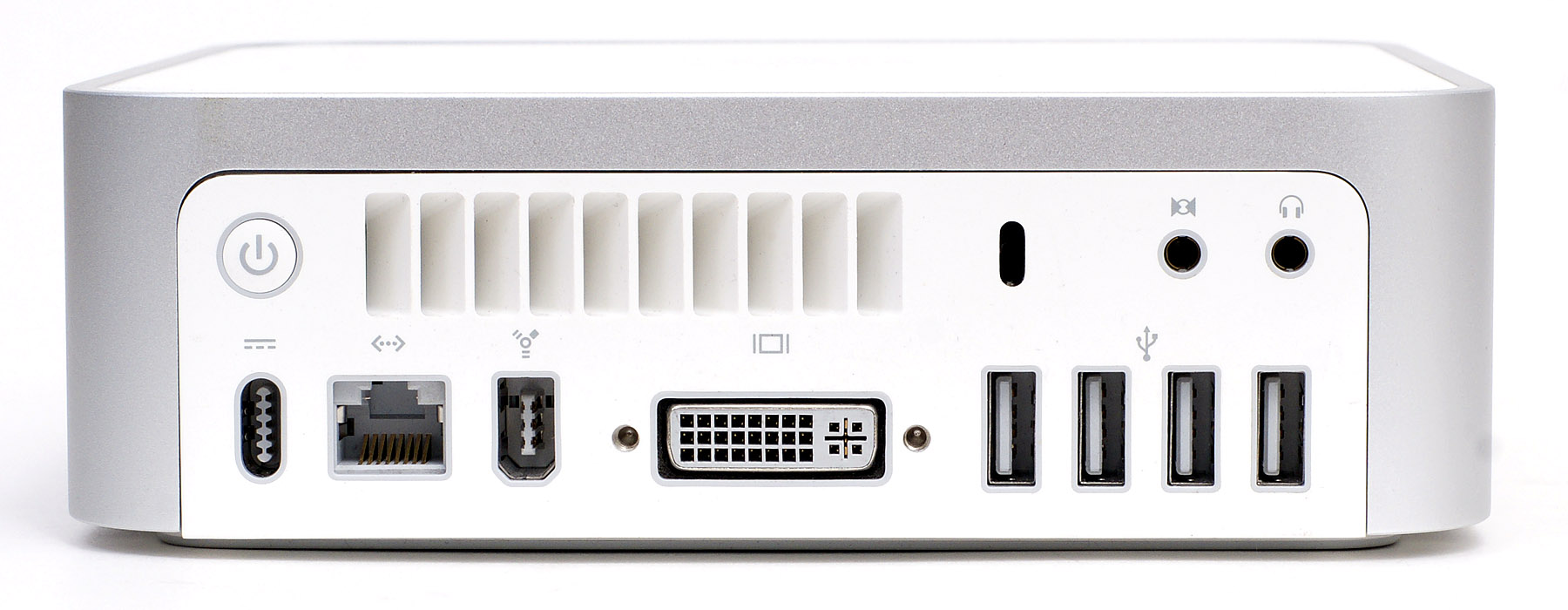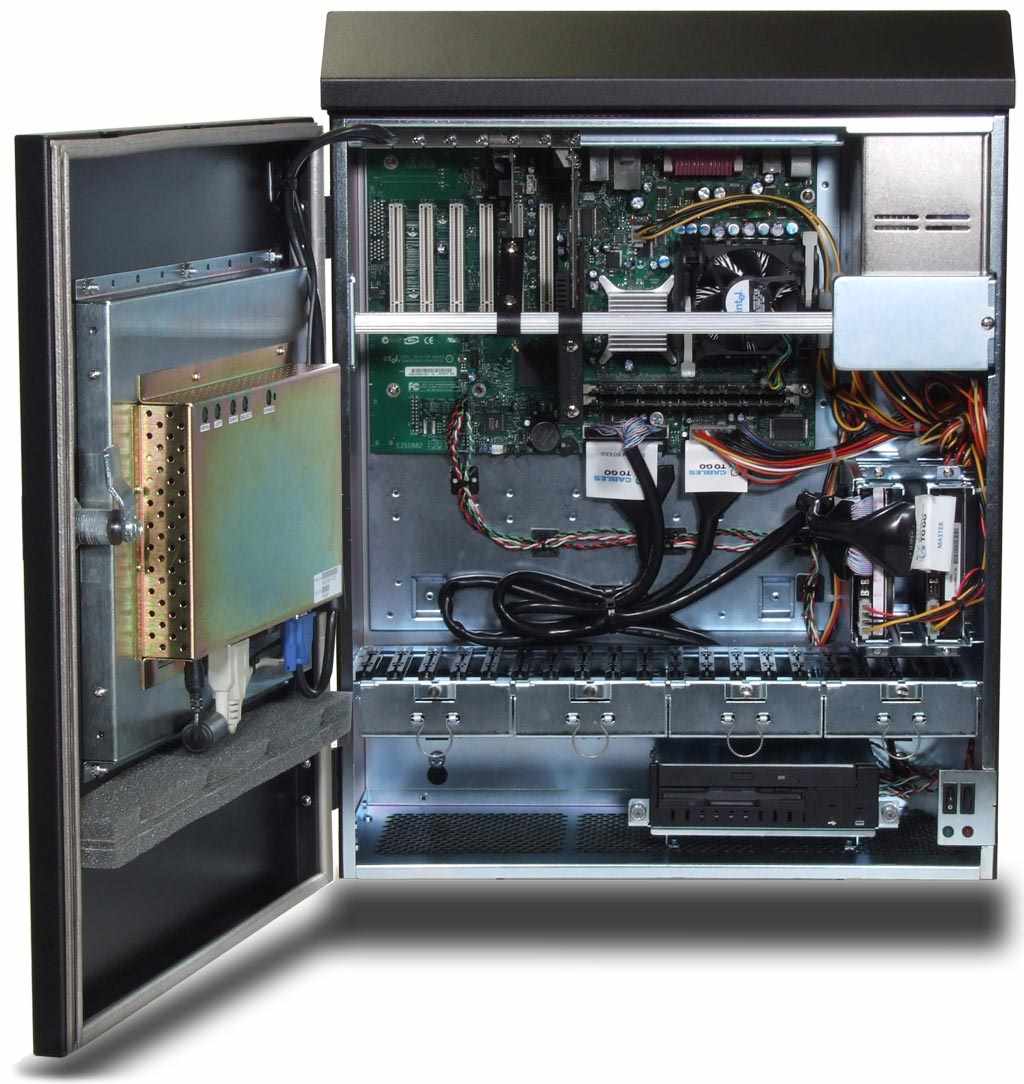|
Panel PC
A panel PC is a personal computer built into a flat-screen display so that the entire computer can be mounted in any manner available for mounting a display alone. It eliminates the need for a separate space for the computer. A panel PC is typically ruggedized for used in industrial or high-traffic settings. It may include any of the ports and wireless communication capabilities found in other computers. See also * Industrial PC * Industry 4.0 * Embedded system * Rugged computer A rugged computer or ruggedized computer is a computer specifically designed to operate reliably in harsh usage environments and conditions, such as strong vibrations, extreme temperatures and wet or dusty conditions. They are designed from incepti ... Classes of computers Industrial computing Personal computers {{Computer-stub ... [...More Info...] [...Related Items...] OR: [Wikipedia] [Google] [Baidu] |
Personal Computer
A personal computer (PC) is a multi-purpose microcomputer whose size, capabilities, and price make it feasible for individual use. Personal computers are intended to be operated directly by an end user, rather than by a computer expert or technician. Unlike large, costly minicomputers and mainframes, time-sharing by many people at the same time is not used with personal computers. Primarily in the late 1970s and 1980s, the term home computer was also used. Institutional or corporate computer owners in the 1960s had to write their own programs to do any useful work with the machines. While personal computer users may develop their own applications, usually these systems run commercial software, free-of-charge software ("freeware"), which is most often proprietary, or free and open-source software, which is provided in "ready-to-run", or binary, form. Software for personal computers is typically developed and distributed independently from the hardware or operating system ma ... [...More Info...] [...Related Items...] OR: [Wikipedia] [Google] [Baidu] |
Flat-panel Display
A flat-panel display (FPD) is an electronic display used to display visual content such as text or images. It is present in consumer, medical, transportation, and industrial equipment. Flat-panel displays are thin, lightweight, provide better linearity and are capable of higher resolution than typical consumer-grade TVs from earlier eras. They are usually less than thick. While the highest resolution for consumer-grade CRT televisions was 1080i, many flat-panel displays in the 2020s are capable of 1080p and 4K resolution. In the 2010s, portable consumer electronics such as laptops, mobile phones, and portable cameras have used flat-panel displays since they consume less power and are lightweight. As of 2016, flat-panel displays have almost completely replaced CRT displays. Most 2010s-era flat-panel displays use LCD or light-emitting diode (LED) technologies, sometimes combined. Most LCD screens are back-lit with color filters used to display colors. In many cases, flat-panel ... [...More Info...] [...Related Items...] OR: [Wikipedia] [Google] [Baidu] |
Rugged Computer
A rugged computer or ruggedized computer is a computer specifically designed to operate reliably in harsh usage environments and conditions, such as strong vibrations, extreme temperatures and wet or dusty conditions. They are designed from inception for the type of rough use typified by these conditions, not just in the external housing but in the internal components and cooling arrangements as well.What you need to know before purchasing a rugged mobile computer , ''LXE'', 2004. Typical environments for rugged laptops, Tablet computer, tablet PCs and Personal digital assistant, PDAs are public safety, field sales, field service, manufacturing, retail, health care, healthcare, construction, transportation/distrib ... [...More Info...] [...Related Items...] OR: [Wikipedia] [Google] [Baidu] |
Computer Port (hardware)
In computer hardware, a port serves as an interface between the computer and other computers or peripheral devices. In computer terms, a port generally refers to the part of a computing device available for connection to peripherals such as input and output devices. Computer ports have many uses, to connect a monitor, webcam, speakers, or other peripheral devices. On the physical layer, a computer port is a specialized outlet on a piece of equipment to which a plug or cable connects. Electronically, the several conductors where the port and cable contacts connect, provide a method to transfer signals between devices. Bent pins are easier to replace on a cable than on a connector attached to a computer, so it was common to use connectors for the fixed side of an interface. Computer ports in common use cover a wide variety of shapes such as round ( PS/2, etc.), rectangular (FireWire, etc.), square (Telephone plug), trapezoidal (D-Sub — the old printer port was a DB-25), etc. ... [...More Info...] [...Related Items...] OR: [Wikipedia] [Google] [Baidu] |
Wireless
Wireless communication (or just wireless, when the context allows) is the transfer of information between two or more points without the use of an electrical conductor, optical fiber or other continuous guided medium for the transfer. The most common wireless technologies use radio waves. With radio waves, intended distances can be short, such as a few meters for Bluetooth or as far as millions of kilometers for deep-space radio communications. It encompasses various types of fixed, mobile, and portable applications, including two-way radios, cellular telephones, personal digital assistants (PDAs), and wireless networking. Other examples of applications of radio ''wireless technology'' include GPS units, garage door openers, wireless computer mouse, keyboards and headsets, headphones, radio receivers, satellite television, broadcast television and cordless telephones. Somewhat less common methods of achieving wireless communications involve other electromagnetic phenomena, s ... [...More Info...] [...Related Items...] OR: [Wikipedia] [Google] [Baidu] |
Industrial PC
An industrial PC is a computer intended for industrial purposes (production of goods and services), with a form factor between a nettop and a server rack. Industrial PCs have higher dependability and precision standards, and are generally more expensive than consumer electronics. They often use complex instruction sets, such as x86, where reduced instruction sets such as ARM would otherwise be used. History IBM released the 5531 Industrial Computer in 1984, arguably the first "industrial PC". The IBM 7531, an industrial version of the IBM AT PC was released May 21, 1985. Industrial Computer Source first offered the 6531 Industrial Computer in 1985. This was a proprietary 4U rackmount industrial computer based on a clone IBM PC motherboard. Applications Industrial PCs are primarily used for process control and/or data acquisition. In some cases, an industrial PC is simply used as a front-end to another control computer in a distributed processing environment. Software ... [...More Info...] [...Related Items...] OR: [Wikipedia] [Google] [Baidu] |
Industry 4
The Fourth Industrial Revolution, 4IR, or Industry 4.0, conceptualizes rapid change to technology, industries, and societal patterns and processes in the 21st century due to increasing interconnectivity and smart automation. The term has been used widely in scientific literature, and in 2015 was popularized by Klaus Schwab, the World Economic Forum Founder and Executive chairman. Schwab asserts that the changes seen are more than just improvements to efficiency, but express a significant shift in industrial capitalism. A part of this phase of industrial change is the joining of technologies like artificial intelligence, gene editing, to advanced robotics that blur the lines between the physical, digital, and biological worlds. Throughout this, fundamental shifts are taking place in how the global production and supply network operates through ongoing automation of traditional manufacturing and industrial practices, using modern smart technology, large-scale machine-to-mach ... [...More Info...] [...Related Items...] OR: [Wikipedia] [Google] [Baidu] |
Embedded System
An embedded system is a computer system—a combination of a computer processor, computer memory, and input/output peripheral devices—that has a dedicated function within a larger mechanical or electronic system. It is ''embedded'' as part of a complete device often including electrical or electronic hardware and mechanical parts. Because an embedded system typically controls physical operations of the machine that it is embedded within, it often has real-time computing constraints. Embedded systems control many devices in common use today. , it was estimated that ninety-eight percent of all microprocessors manufactured were used in embedded systems. Modern embedded systems are often based on microcontrollers (i.e. microprocessors with integrated memory and peripheral interfaces), but ordinary microprocessors (using external chips for memory and peripheral interface circuits) are also common, especially in more complex systems. In either case, the processor(s) used ... [...More Info...] [...Related Items...] OR: [Wikipedia] [Google] [Baidu] |
Classes Of Computers
Computers can be classified, or typed, in many ways. Some common classifications of computers are given below. Classes by purpose , - , style="text-align: left;", Notes: Microcomputers (personal computers) Microcomputers became the most common type of computer in the late 20th century. The term “microcomputer” was introduced with the advent of systems based on single-chip microprocessors. The best-known early system was the Altair 8800, introduced in 1975. The term "microcomputer" has practically become an anachronism as it has fallen into disuse. These computers include: * Desktop computers – A case put under or on a desk. The display may be optional, depending on use. The case size may vary, depending on the required expansion slots. Very small computers of this kind may be integrated into the monitor. * Rackmount computers – The cases of these computers fit into 19-inch racks, and maybe space-optimized and very flat. A dedicated display, keyboar ... [...More Info...] [...Related Items...] OR: [Wikipedia] [Google] [Baidu] |
Industrial Computing
Industrial may refer to: Industry * Industrial archaeology, the study of the history of the industry * Industrial engineering, engineering dealing with the optimization of complex industrial processes or systems * Industrial city, a city dominated by one or more industries * Industrial loan company, a financial institution in the United States that lends money, and may be owned by non-financial institutions * Industrial organization, a field that builds on the theory of the firm by examining the structure and boundaries between firms and markets * Industrial Revolution, the development of industry in the 18th and 19th centuries * Industrial society, a society that has undergone industrialization * Industrial technology, a broad field that includes designing, building, optimizing, managing and operating industrial equipment, and predesignated as acceptable for industrial uses, like factories * Industrial video, a video that targets “industry” as its primary audience * Industrial ... [...More Info...] [...Related Items...] OR: [Wikipedia] [Google] [Baidu] |

_20.jpg)





